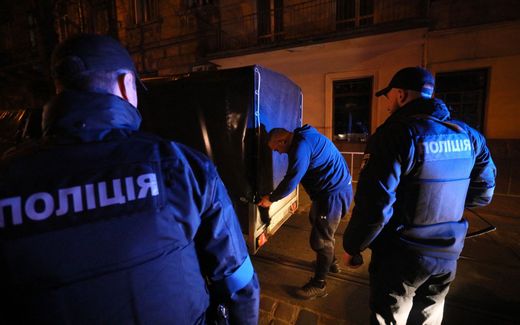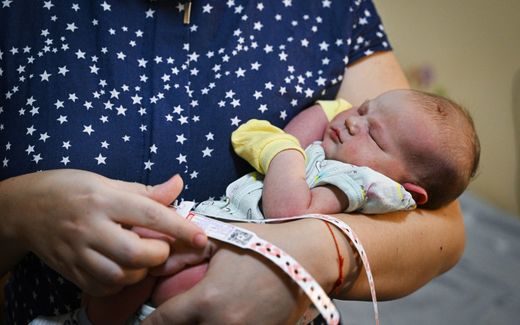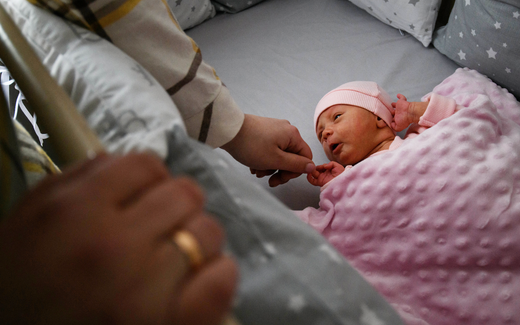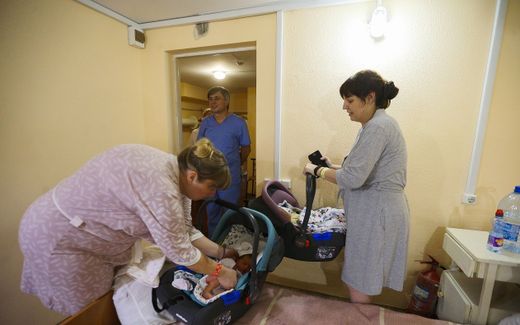Czech MPs call for ban on commercial surrogacy
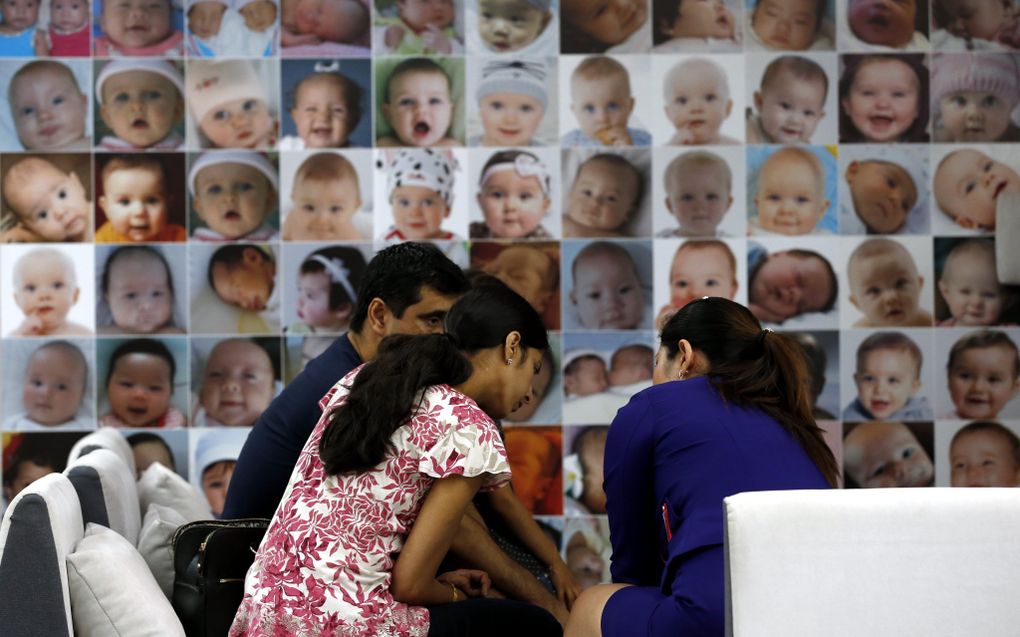
A ban on commercial surrogacy would practically ban the practice in the Czech Republic altogether. Photo EPA, Rungroj Yongrit
Central Europe
The Czech Republic should explicitly ban commercial surrogacy to protect surrogate mothers and their children.
That is the opinion of Zuzana Ožanová and Helena Válková, MPs from the Czech Republic’s largest party, ANO 2011. Currently, surrogacy is not explicitly prohibited in the Central European country, thus giving hundreds of women the opportunity to give birth to children for others.
The centrist ANO 2011 party governed the Czech Republic between 2017 and 2021 under Andrej Babiš. In 2021, they came second in the legislative elections and ended up in the opposition.
In amendments to the Civil Code and the Criminal Code, the two MPs argue that the current legislation does not sufficiently reflect on the trade behind surrogacy. Although the objection to human trafficking is unanimously recognised by society, the objection to surrogacy is not, they say. In commercial surrogacy, there are always financial obligations for giving birth to a child.

Besides commercial surrogacy, there is also altruistic surrogacy, in which the surrogate mother does not make any profits. However, the number of altruistic surrogacies worldwide constitutes only about two per cent of the total number of surrogacy cases, studies show. A ban on commercial surrogacy would thus practically eliminate this practice in the Czech Republic.
Disappearing
Surrogacy is a profitable trade that has several negative impacts on the lives of women and children, Ožanová and Válková argue. “Especially abroad, there have been cases of children being abandoned in the end or clients who did not take them over from the surrogate mothers. Typically, this was a consequence of genetic defects in these children.” The two MPs also point to the possibility of children being lost from sight and disappearing abroad, which is currently being investigated by Ukrainian authorities.
The Ukrainians were alerted after the Czech police investigated a group of Ukrainian nationals that allegedly circumvented Ukrainian law to allow single men to get a child through commercial surrogacy. By making surrogate mothers give birth in the Czech Republic, it would be relatively easy to pick up a child as a single man without any legal red tape. Since the Czech Republic has no legislation on this subject, it can not prosecute anyone involved.
The MPs say that this amendment could significantly reduce the number of foreign clinics using the Czech Republic as a transit port.
Prison
For Ožanová and Válková, the unacceptability of human trafficking and the commercialisation of the human body are among the cultural pillars of Western civilisation. “This is why, among others, countries such as Germany, Austria or France approach surrogacy with zero tolerance”, they add.
According to Ožanová and Válková, the current mention of surrogate motherhood in the Civil Code is seen as a reason for its tolerance. In the Code, the Czech Republic excludes adoption between relatives in the direct line and siblings. However, surrogacy is excluded from this. But this exclusion should be scrapped, according to the ANO 2011 MPs.
Furthermore, in an amendment to the Criminal Code, the MPs want the possibility of imprisonment for anyone who “induces, bargains, hires, entices, seduces, transports, hides, detains, accepts, or delivers another to be used for surrogate motherhood”. That means people could face up to ten years in prison.
The two MPs now have to find a way to get support from people within the governing parties, who manage the parliament's agenda.
Related Articles


